After a pivotal match, Shanxi Team narrowly overcame Fujian Team, which should have been a scene of jubilation. However, a detail sparked a storm of public opinion. Zhang Ning, a core player who has performed outstandingly this season, fell to the ground during the game. However, none of his teammates came forward to help him up; it was the team staff who eventually did so. This scene raises questions: what exactly is going on within this team? Is it an unintentional oversight, or has a long-buried conflict finally come to light?
Zhang Ning is undoubtedly one of the most eye-catching new stars in the CBA this season. With his remarkable performances, he propelled Shanxi Team to become one of the most watched dark horses in the league. This season, Zhang Ning's average points and efficiency have significantly increased. He not only took on more tactical roles but also spurred the team's rhythm through relentless defense. It can be said that he is one of the most important pieces in the team's rise.
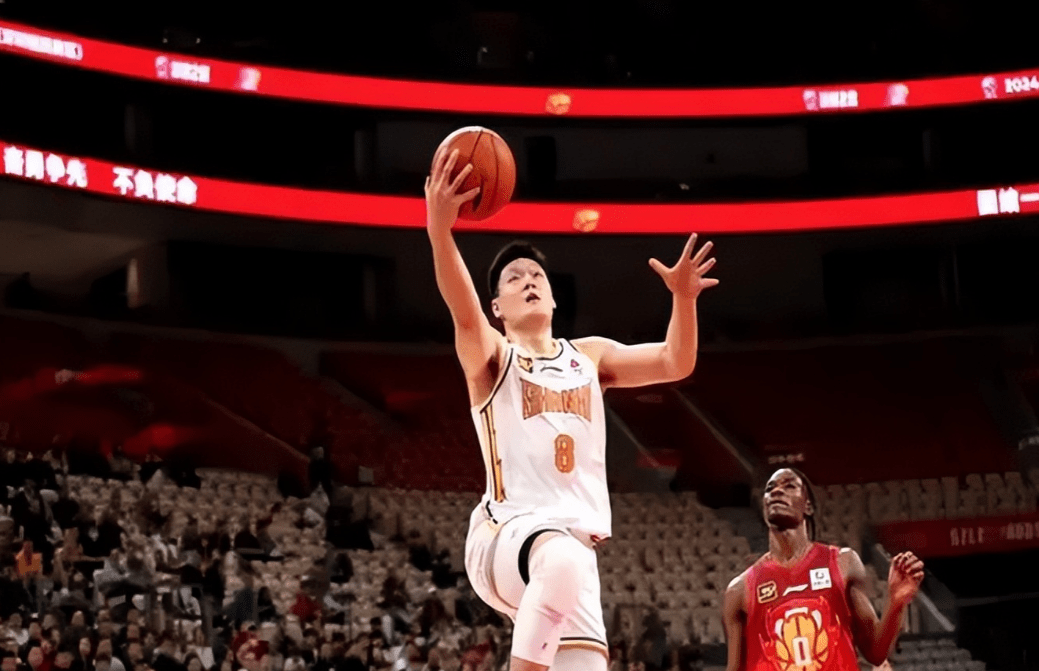
However, in the match against Fujian Team, the moment of "no one to help" seemed to reveal another truth about this team: the team atmosphere is quietly disintegrating.
Although Zhang Ning scored 17 points and led the team to a successful comeback with his incredible offense, this isolated detail still caused concern. It is not just a temporary oversight by his teammates but seems like a silent signal - perhaps the team is facing potential crises in aspects such as mutual trust and chemical reactions.

Perhaps, this loose team relationship is precisely the "side effect" of Shanxi Team's rapid rise in recent years. As the season progressed from "selfless basketball" and "happy basketball" to individual players pursuing personal statistics, the team's cohesion became difficult to maintain.
If we only look at the first half of the match, viewers might have thought that Fujian Team was about to stage an upset victory over the dark horse.
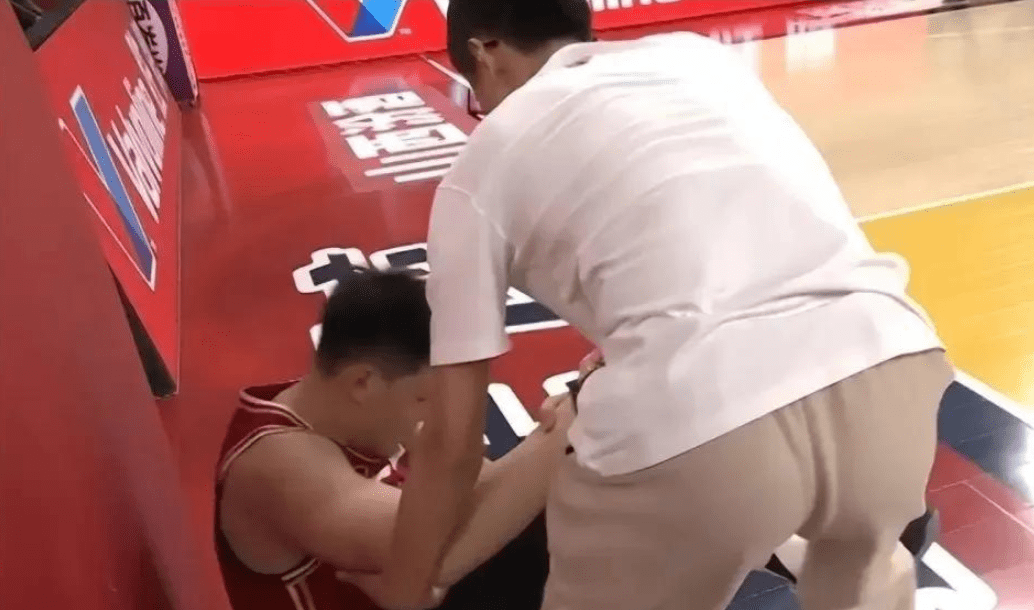
Isn't Fujian Team considered a traditional weak team in recent seasons? Yet in this match, they displayed astonishing offensive firepower, especially in outside shooting and defensive counterattacks, exerting considerable pressure on Shanxi Team.
This suggests that Shanxi Team has not completely overcome the "underestimating the opponent" mentality that leading teams often fall into. When facing opponents with slightly inferior strength, their performance remained slow to get into gear. More worrying is that the match's turnaround relied on individual heroics from players like Zhang Ning rather than teamwork. This contrast with Fujian Team, which is considered a weak team but whose teamwork and determination made the game once unpredictable, becomes even more pronounced.

Shanxi Team must realize that any "dark horse" aiming to become a strong team must first strengthen its "weak spots" in terms of teamwork and pressure resistance. After this match, they have much to reflect upon.
This is the third year of Shanxi Team's rapid growth, and head coach Pan Jiang is one of the key figures in this rise story. His coaching style is full of passion and zeal, whether directing from the sidelines or speaking in the locker room, he openly expresses his emotions. This straightforward approach made Shanxi Team display an aggressive state at the beginning of the season, with the team's vitality, rhythm, and confidence evident throughout the league.
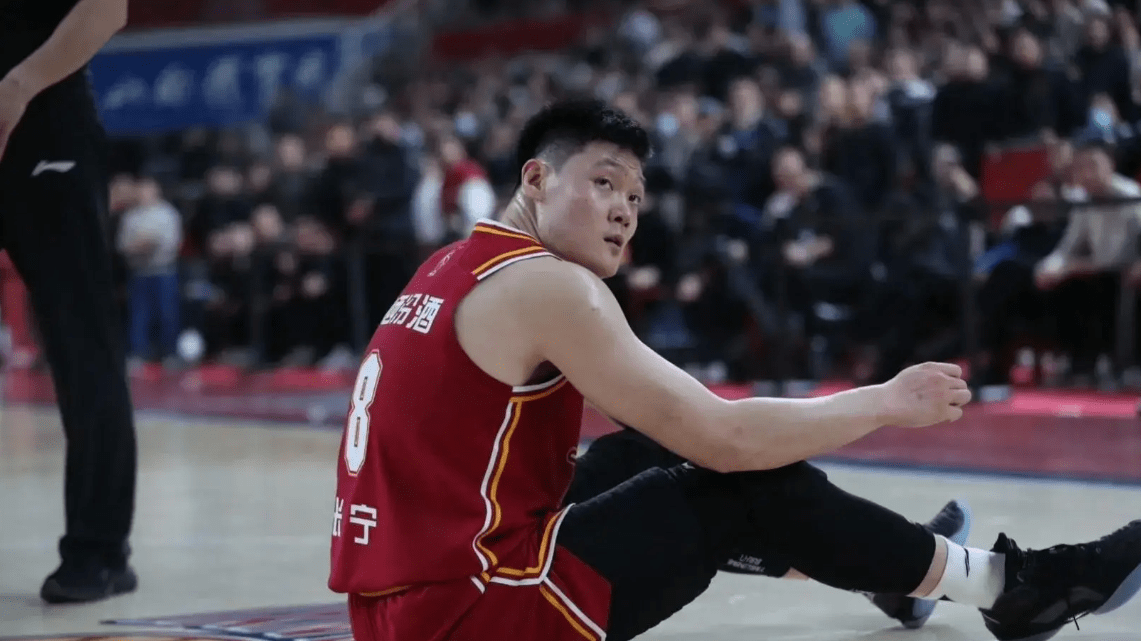
However, this management style that solely relies on passion gradually exposed its limitations. After the match, Pan Jiang directly criticized the players for their lack of unity, saying their "minds are not here."
Clearly, the current state of the team does not satisfy him. Behind the public criticism lies his helplessness in managing the players. In fact, Pan Jiang's control over the "locker room culture" is still immature, especially in the new landscape after the addition of star players. He may not be adept at navigating interpersonal relationships and psychological management. The players have abilities, but whether he can harness their energy into a cohesive force is another level of challenge.
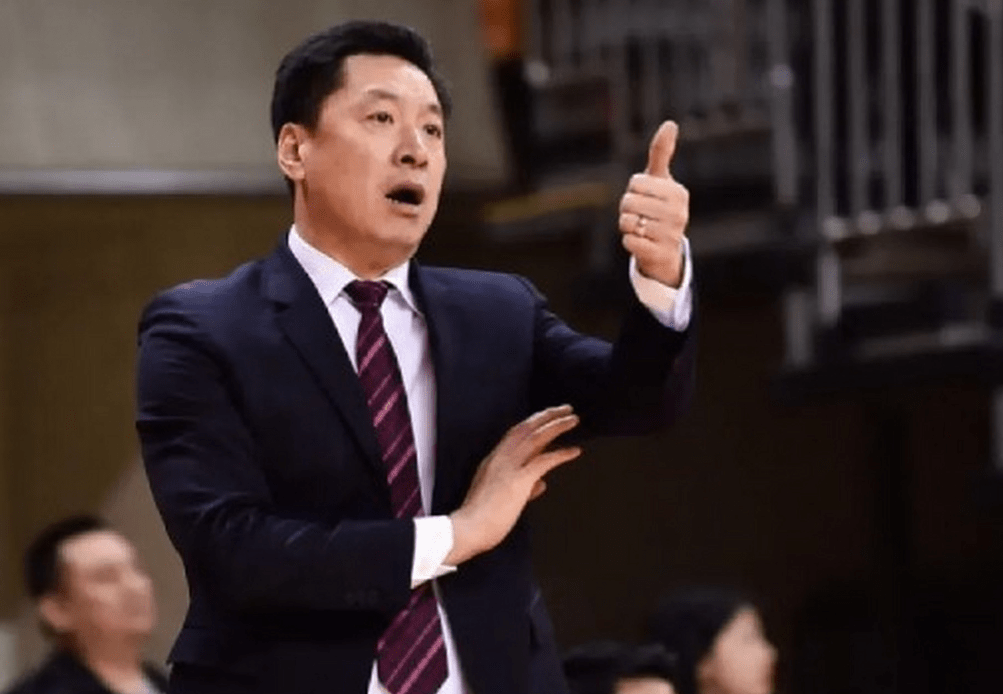
Pan Jiang's boldness in speaking and managing is his strength, but when dealing with complex issues, relying solely on enthusiasm is clearly insufficient. What he needs to do is learn how to use wiser and more persuasive methods to unite the team, rather than just blunt criticism after matches.
When it comes to Shanxi Team, another indispensable figure is Li Chunjiang. Although his official position in Shanxi Team is an advisor, in the hearts of many, he is one of the true souls of the team. Li Chunjiang's past coaching experience is filled with an iron fist and assertiveness; he is the kind of coach who can unify a scattered team with a hard attitude.

Even though Li Chunjiang now keeps a low profile behind the scenes, his supervisory role cannot be overlooked. A player once frankly stated, "I feel that although Coach Li doesn't say much, his presence changes the entire training field's aura." This is the awe-inspiring power brought by experience and prestige, which Pan Jiang may need more time to attain.
In fact, Li Chunjiang's invisible influence also provides a balance for the team. His combination with Pan Jiang is like an "iron fist + gentle breeze," with the former providing bottom-line control and the latter responsible for specific planning. However, the question is, to what extent can this pair blend, which is crucial in determining whether Shanxi Team can make further breakthroughs in the future.

Currently, Shanxi Team appears to have the makings of a strong team yet harbors the hidden dangers of a weak team. They are stronger in overall configuration than before but face the awkward situation of a gradually splitting team culture. "No one to help Zhang Ning" is just the beginning; the problems revealed after the match are the core worth delving into.
The future path is not complicated but challenging to traverse. Initially, Shanxi Team's "dark horse strategy" centered on "selfless basketball," but as the number of functional players on the court decreased and the trend of prioritizing data increased, this spirit gradually diluted.
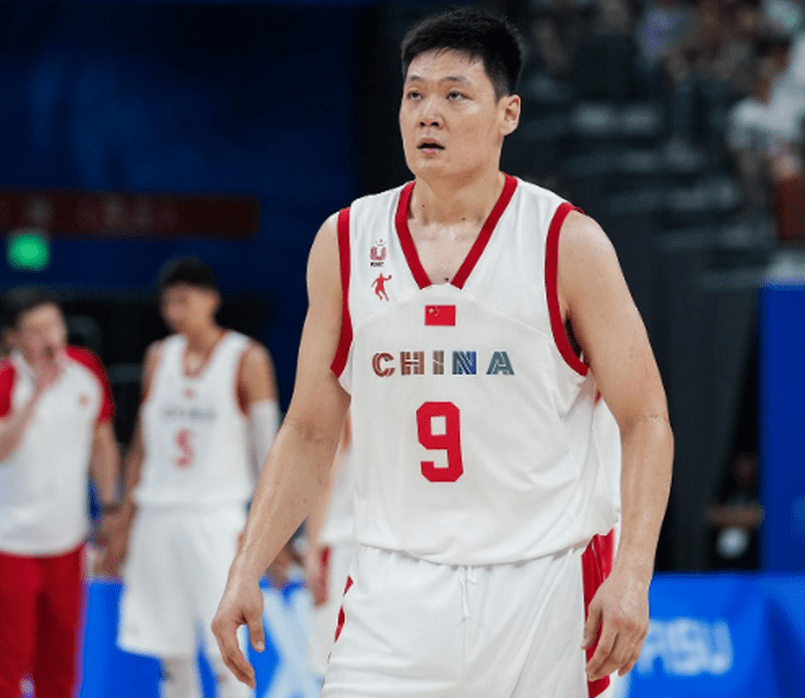
If the team wants to achieve significant feats in the playoffs, they must return to the basics: reshape the team atmosphere, clarify the responsibilities of core players, and establish a stable offensive and defensive system.
In other words, players like Zhang Ning, Goodwin, and other core players need to understand that no matter how strong their individual abilities are, they cannot replace the overall operation of the team. Pan Jiang must also find a balance between passionate management and meticulous planning, while Li Chunjiang's wisdom could become the keystone, providing long-term planning for the management.
Achievements and the team, Shanxi Team indeed needs to find a middle ground between these two. Otherwise, no one can single-handedly uphold this grand edifice.
The moment Zhang Ning got up from the ground, he not only won the match for Shanxi Team but also left fans with a question: is this dark horse team really prepared to continue "running" in the tough battles ahead?